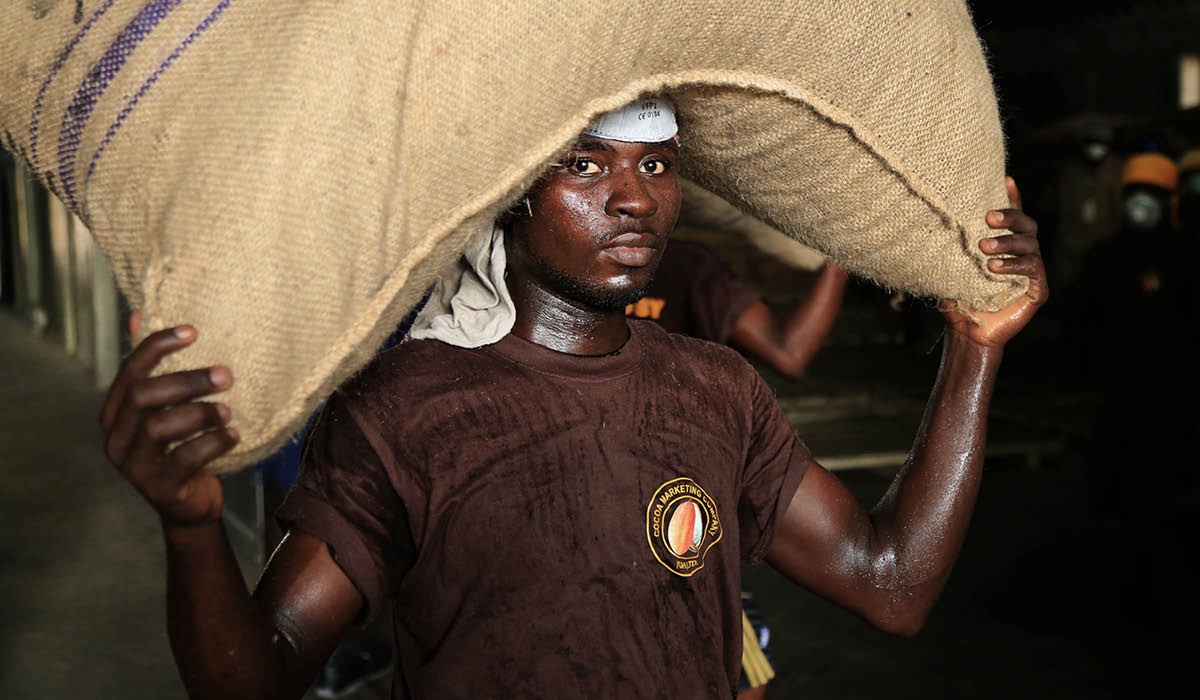From 2019 annual report
We know about 15 per cent of the cocoa supply chain in West Africa has been covered by so called Child Labour Monitoring and Remediation Systems (CLMRS), i.e. community based systems to identify cases of child labour and together with the farmer find alternative means of labour and facilitate access to school for the child. The Council will continue to advocate for further roll-out of such systems.
However, CLMRS are costly and are likely not the most sustainable solution to tackle child labour. We will therefore further engage the cocoa industry to proactively take broader measures, such as improving access to education and supporting farmers in alternative means of income besides cocoa. There is already work done in both areas, but initiatives need to be rapidly expanded. There is movement towards increased collaboration and scaled up public-private partnerships. The Council supports these and will engage companies to fully participate.
The Council also recognise that technological innovation can be used to make interventions more effective and bring them to scale. A good example of this is the evolution of digital identification systems, which have successfully been used in other parts of the world to more effectively distribute social services and not the least provide children with birth certificates, required for them to start school. We are sharing such examples with the cocoa industry and encourage the application of them in the West African context.
Positive signs but work remains
Living income is a key issue for cocoa-growing farmers. It is not difficult to understand that farmers who earn enough from their farms to provide for themselves and their families would not resort to using child labour. Ivorian and Ghanaian governments recently raised minimum prices for cocoa, introduced with the purpose of paying cocoa farmers more. This is a positive sign and an important development that together with, among other things, income diversification and good agricultural practices, will support farmers towards reaching a living income. Importantly, this is an intervention which will have implications for millions of farmers if successfully implemented.
The industry pledge to reduce child labor in Ivory Coast and Ghana by 70%, as per the Harkin–Engel Protocol from 2001 has a deadline at 2020. The review in 2020 will undoubtedly be clear that the industry has failed on this pledge.
The Council will intensify its efforts to engage on convening relevant partners and try to get more scale on the practical tools to address this issue in 2020.
Background facts
Region: Western Africa
Topic: Human rights




